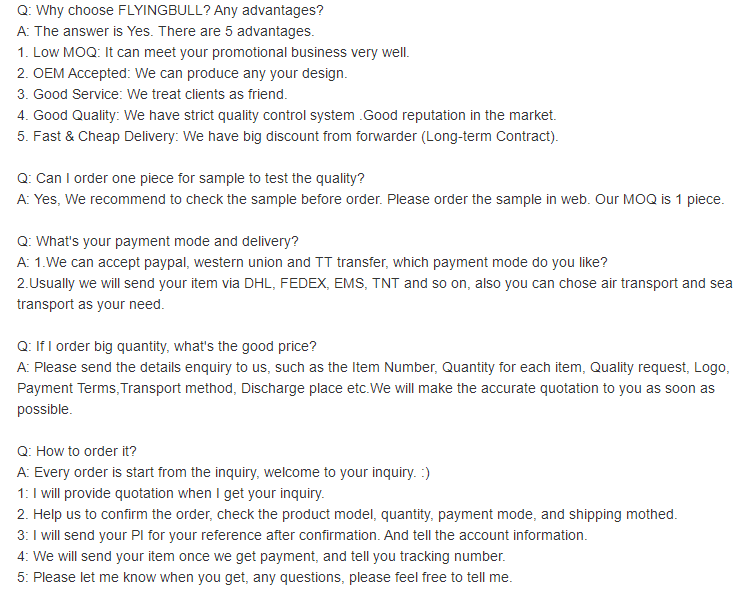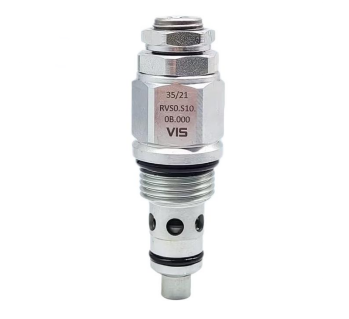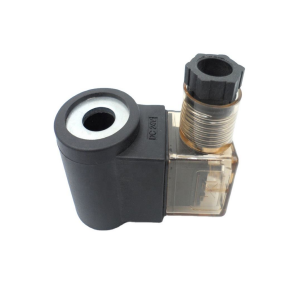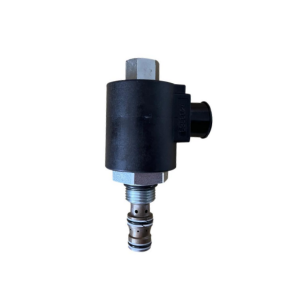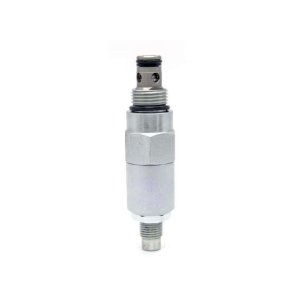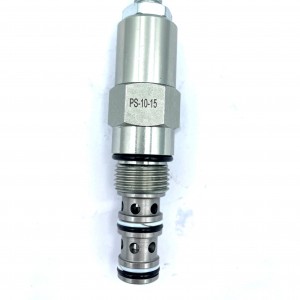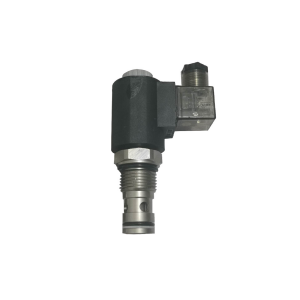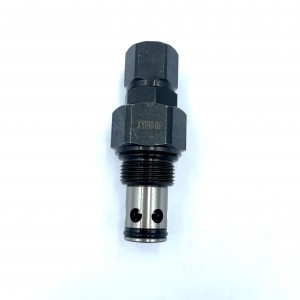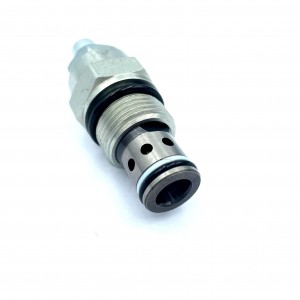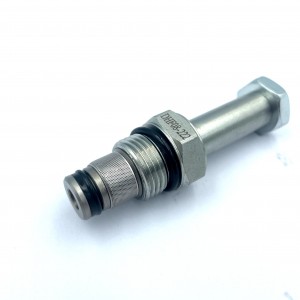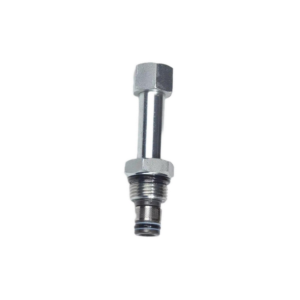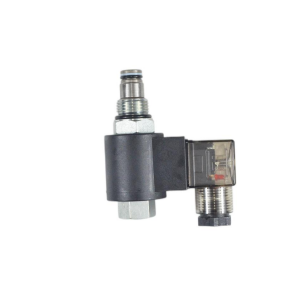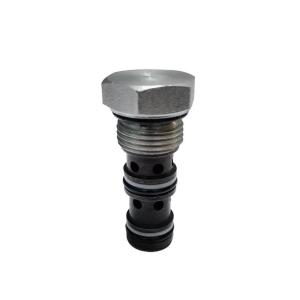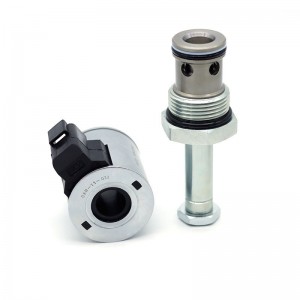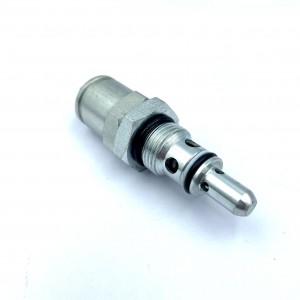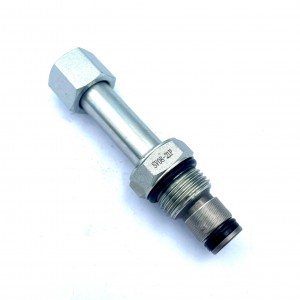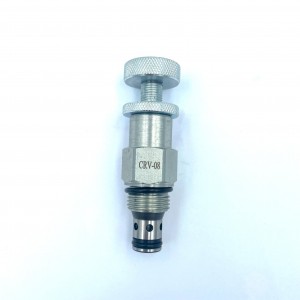DMF-Zm-20 Stainless Steel 304, 316 Right-Angle Electromagnetic Pulse Valve
Details
Sealing material:Electromagnetic Pulse Valve
Pressure environment:ordinary pressure
Temperature environment:one
Optional accessories: Solenoid Valve
Type of drive:power-driven
Applicable medium:petroleum products
Points for attention
Pulse valve is a valve that uses pulse signals to control the on/off or flow of fluids. It is widely used in automation control, dust removal equipment, pneumatic systems and other fields. Its core feature is to trigger the valve to move quickly through a short electrical signal (pulse), achieve instant opening or closing, and thus complete specific fluid control tasks.
Working principle of pulse valve
Pulse valves are usually composed of valve body, diaphragm (or piston), electromagnet (or pilot valve) and other components. The working process can be divided into three stages:
Static state: The valve is in a normally closed (or normally open) state, and the diaphragm is affected by a spring or air pressure to block the fluid channel.
Pulse triggering: When an external controller (such as PLC) sends an electrical pulse signal, the electromagnet or pilot valve acts to instantly change the pressure difference on both sides of the diaphragm.
Rapid action: The pressure difference pushes the diaphragm (or piston) to move, the valve opens (or closes) quickly, and the fluid passes; after the pulse signal ends, the diaphragm resets and the valve returns to its initial state.
The entire action process is extremely short (usually in milliseconds), so it is called "pulse" control.
Classification of pulse valves
According to the driving mode and structure, pulse valves can be divided into the following categories:
Electromagnetic pulse valve: the most common type, which directly drives the diaphragm to move through the electromagnet, with a fast response speed (0.01-0.1 seconds), suitable for dust removal equipment (such as bag dust collector cleaning), pneumatic component control, etc.
Pneumatic pulse valve: using compressed air as the power, the main valve movement is controlled by the pilot valve, suitable for large flow scenarios (such as industrial pipeline purging).
Mechanical pulse valve: triggered by mechanical cams, springs and other structures, no electrical signals are required, suitable for explosion-proof and low-power environments.
Product specification
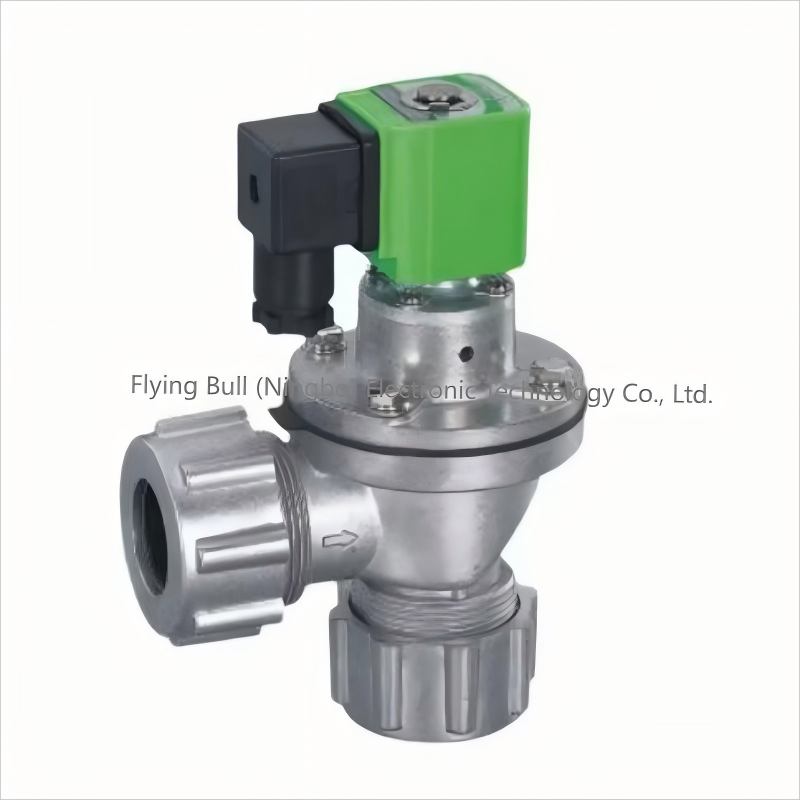
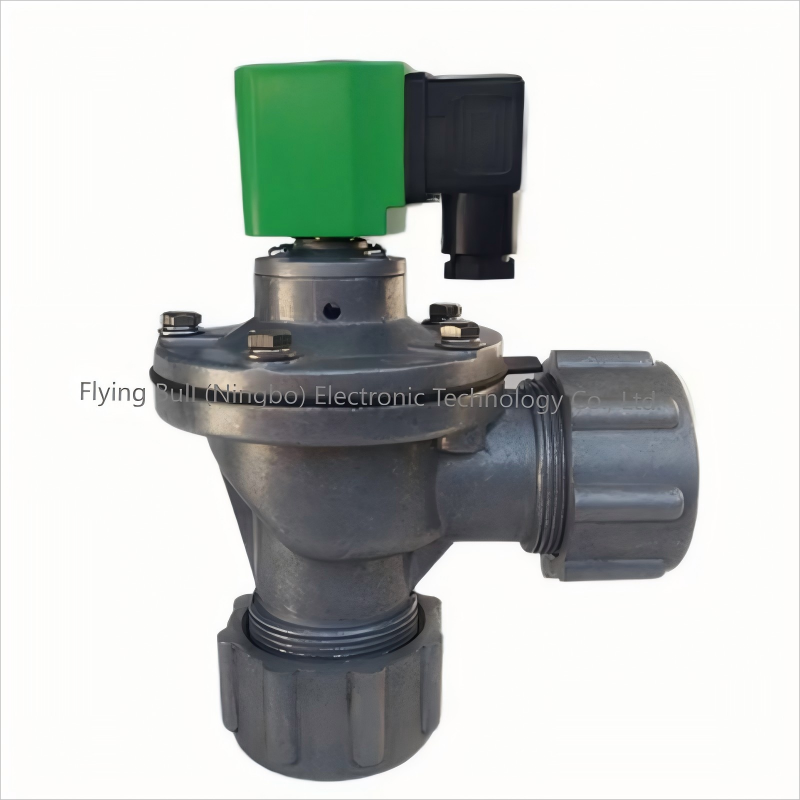
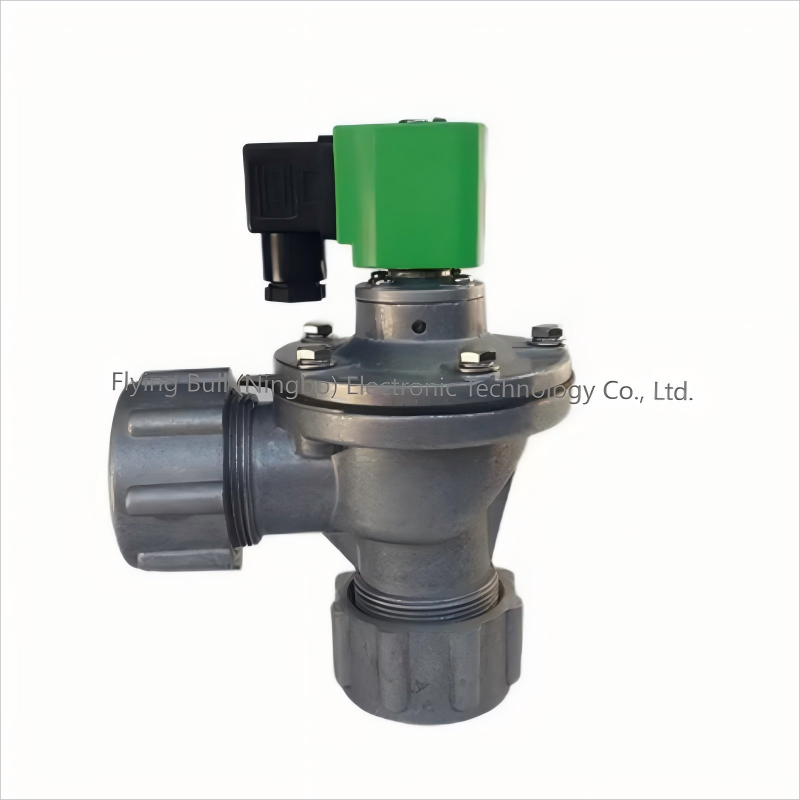
Company details

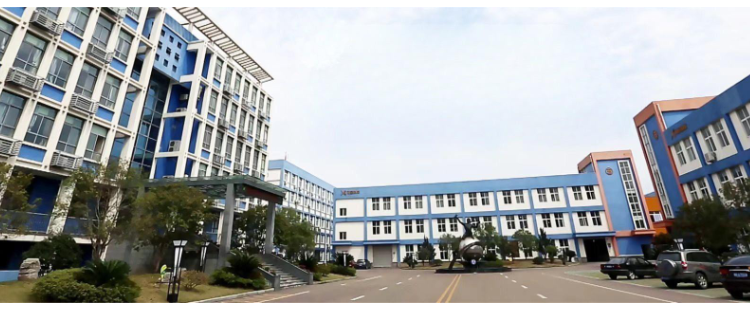

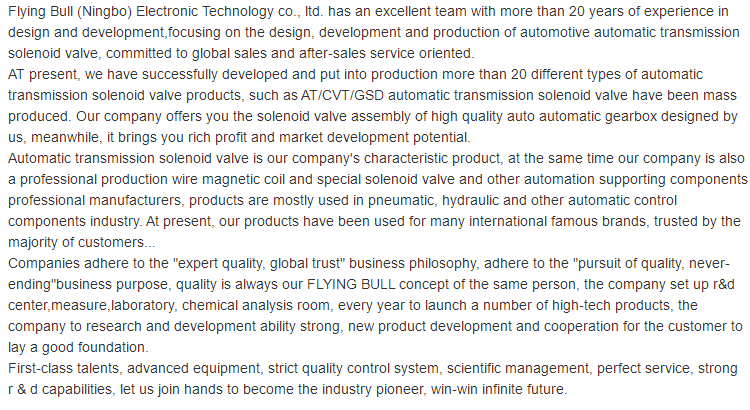
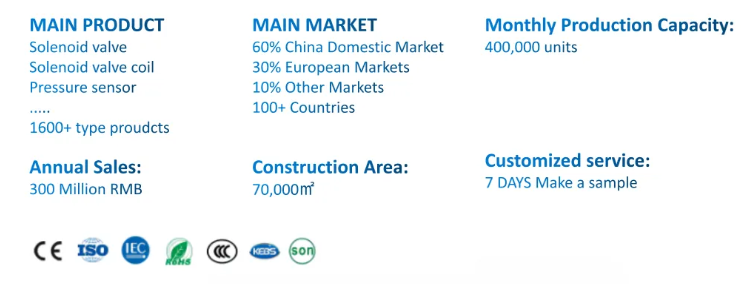
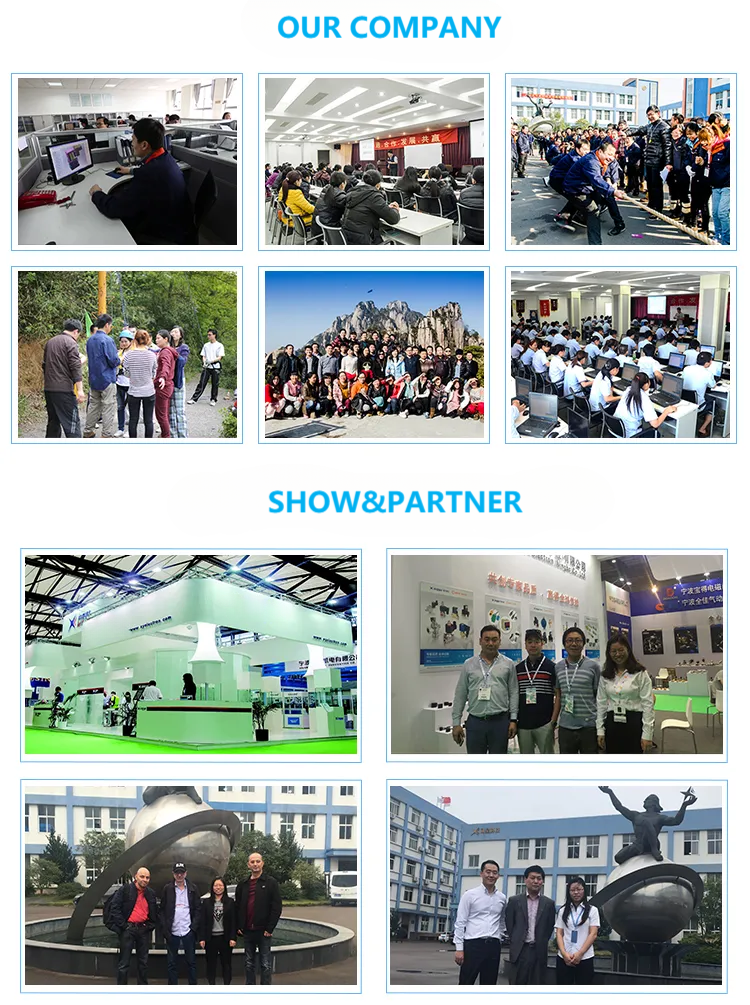
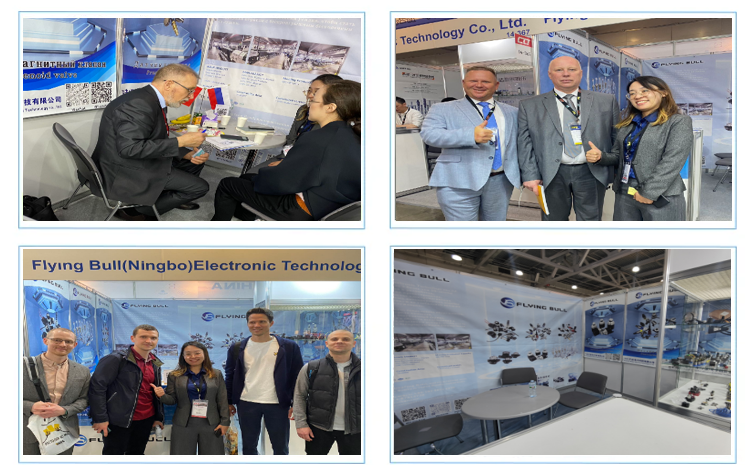
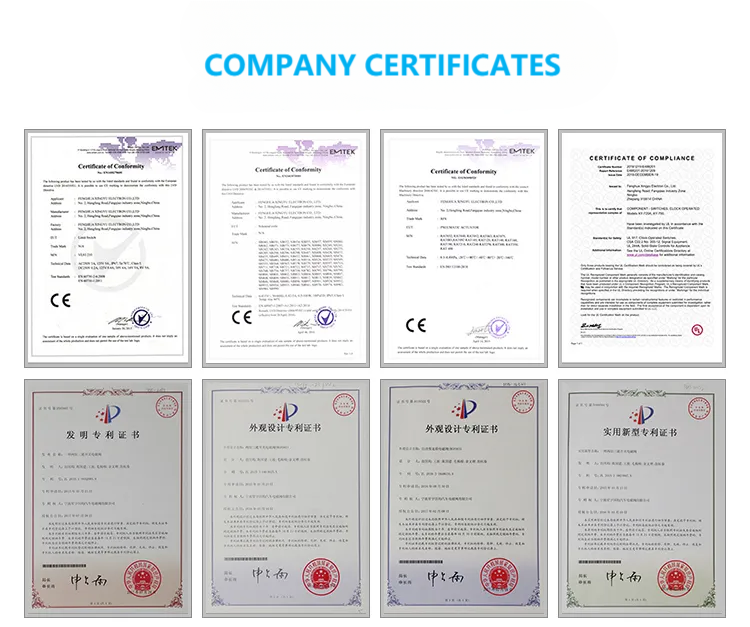
Company advantage
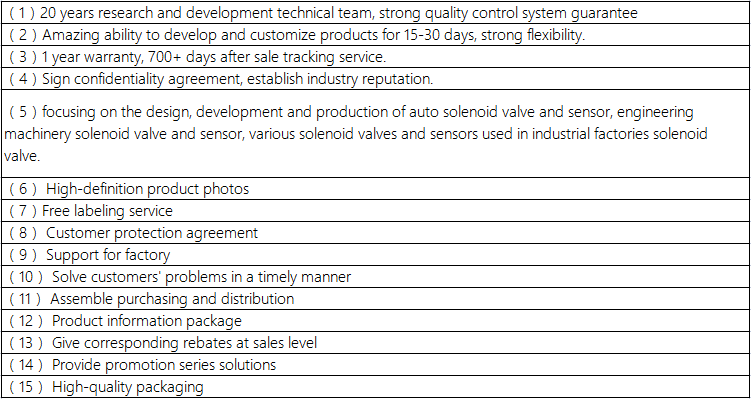
Transportation
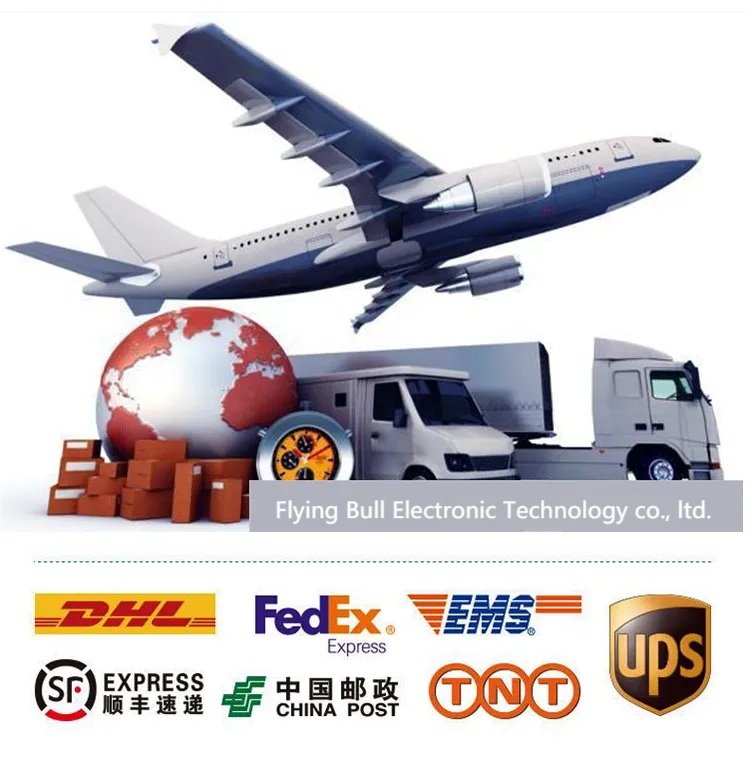
FAQ
